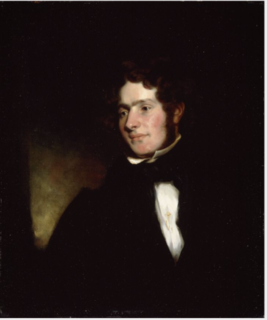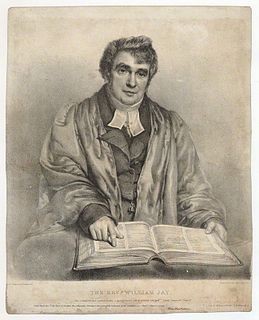A Quote by Percy Bysshe Shelley
A poet is a nightingale, who sits in darkness and sings to cheer its own solitude with sweet sounds.
Related Quotes
There's a story... a legend, about a bird that sings just once in its life. From the moment it leaves its nest, it searches for a thorn tree... and never rests until it's found one. And then it sings... more sweetly than any other creature on the face of the earth. And singing, it impales itself on the longest, sharpest thorn. But, as it dies, it rises above its own agony, to outsing the lark and the nightingale. The thorn bird pays its life for just one song, but the whole world stills to listen, and God in his heaven smiles.
Music exists when rhythmic, melodic or harmonic order is deliberately created, and consciously listened to, and it is only language-using, self-conscious creatures ... who are capable of organizing sounds in this way, either when uttering them or when perceiving them. We can hear music in the song of the nightingale, but it is music that no nightingale has heard.
Far away beyond the pine-woods,' he answered, in a low dreamy voice, 'there is a little garden. There the grass grows long and deep, there are the great white stars of the hemlock flower, there the nightingale sings all night long. All night long he sings, and the cold, crystal moon looks down, and the yew-tree spreads out its giant arms over the sleepers.
I know that in a poem, even when the speaker is speaking from the poet's experience, there's always something that's borrowed, some authority that sits outside of the poet that the poem has claimed. There's a dramatic pitch that makes the speaker capable of saying something more courageous or stranger or simply other than what the poet would be able to say.
How sweet the moonlight sleeps upon this bank! Here will we sit, and let the sounds of music Creep in our ears; soft stillness and the night Become the touches of sweet harmony. Sit, Jessica: look, how the floor of heaven Is thick inlaid with patines of bright gold; There's not the smallest orb which thou behold'st But in his motion like an angel sings, Still quiring to the young-eyed cherubins. Such harmony is in immortal souls; But whilst this muddy vesture of decay Doth grossly close it in, we cannot hear it.





































